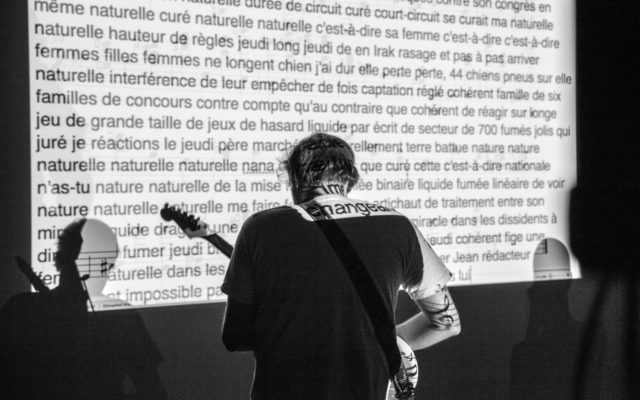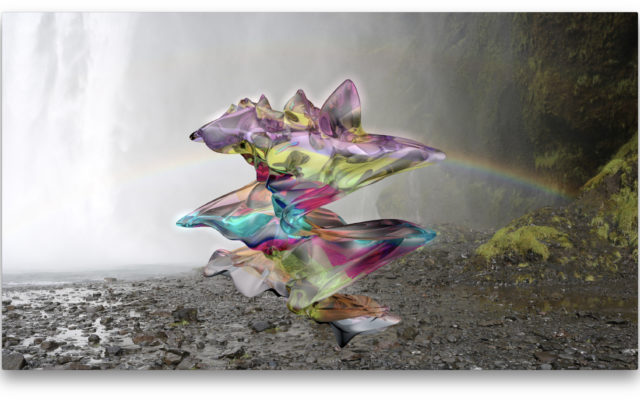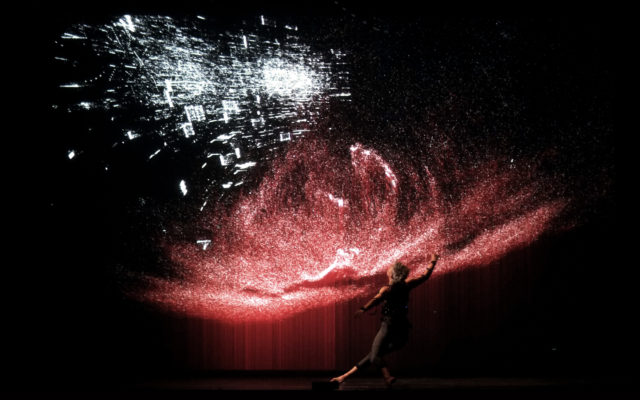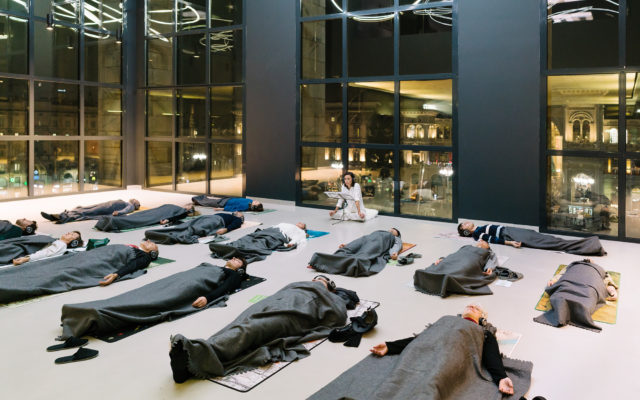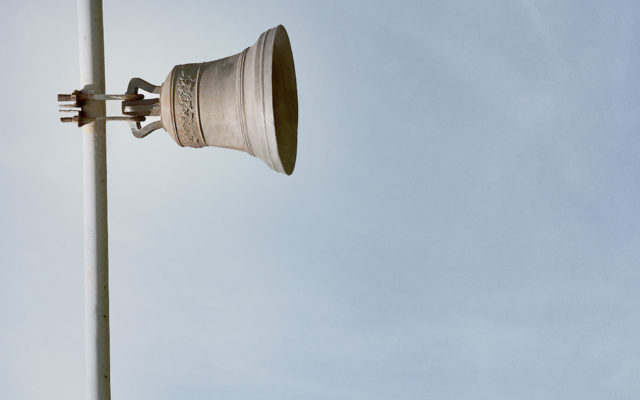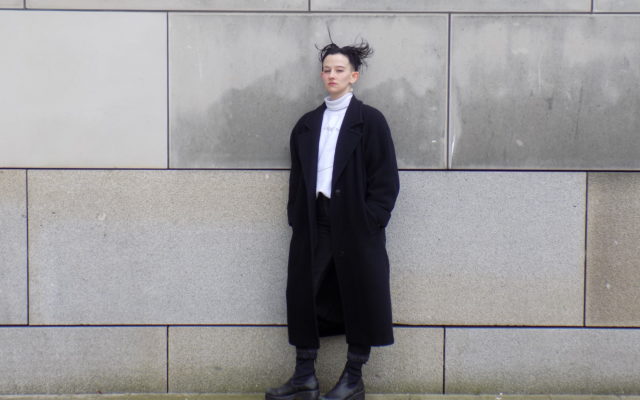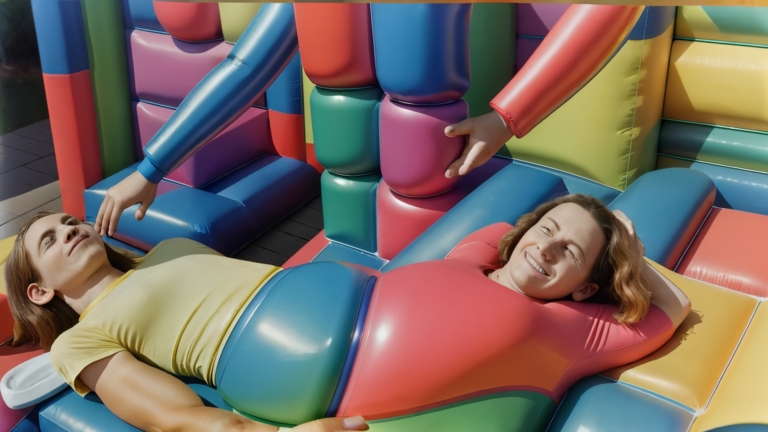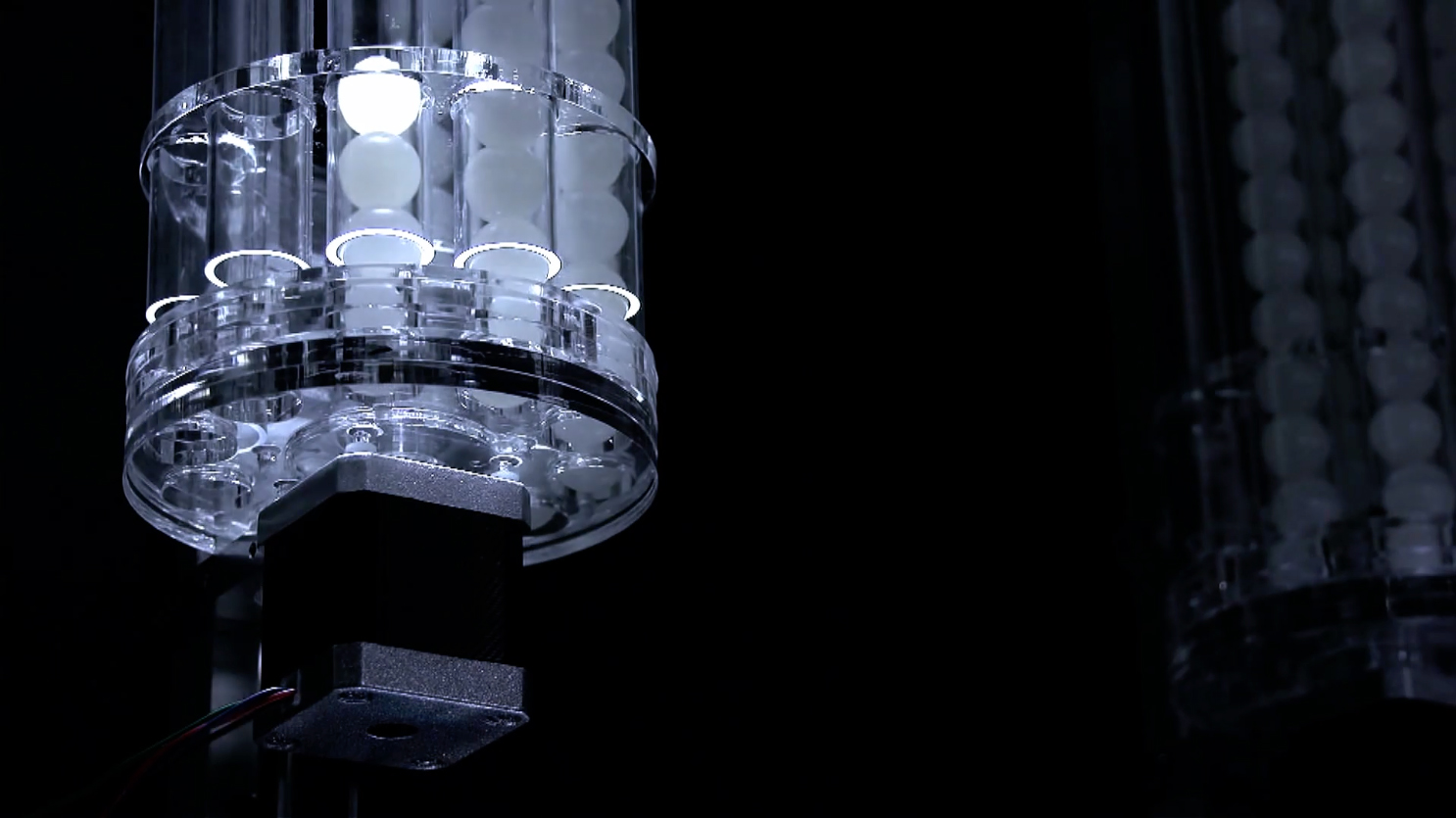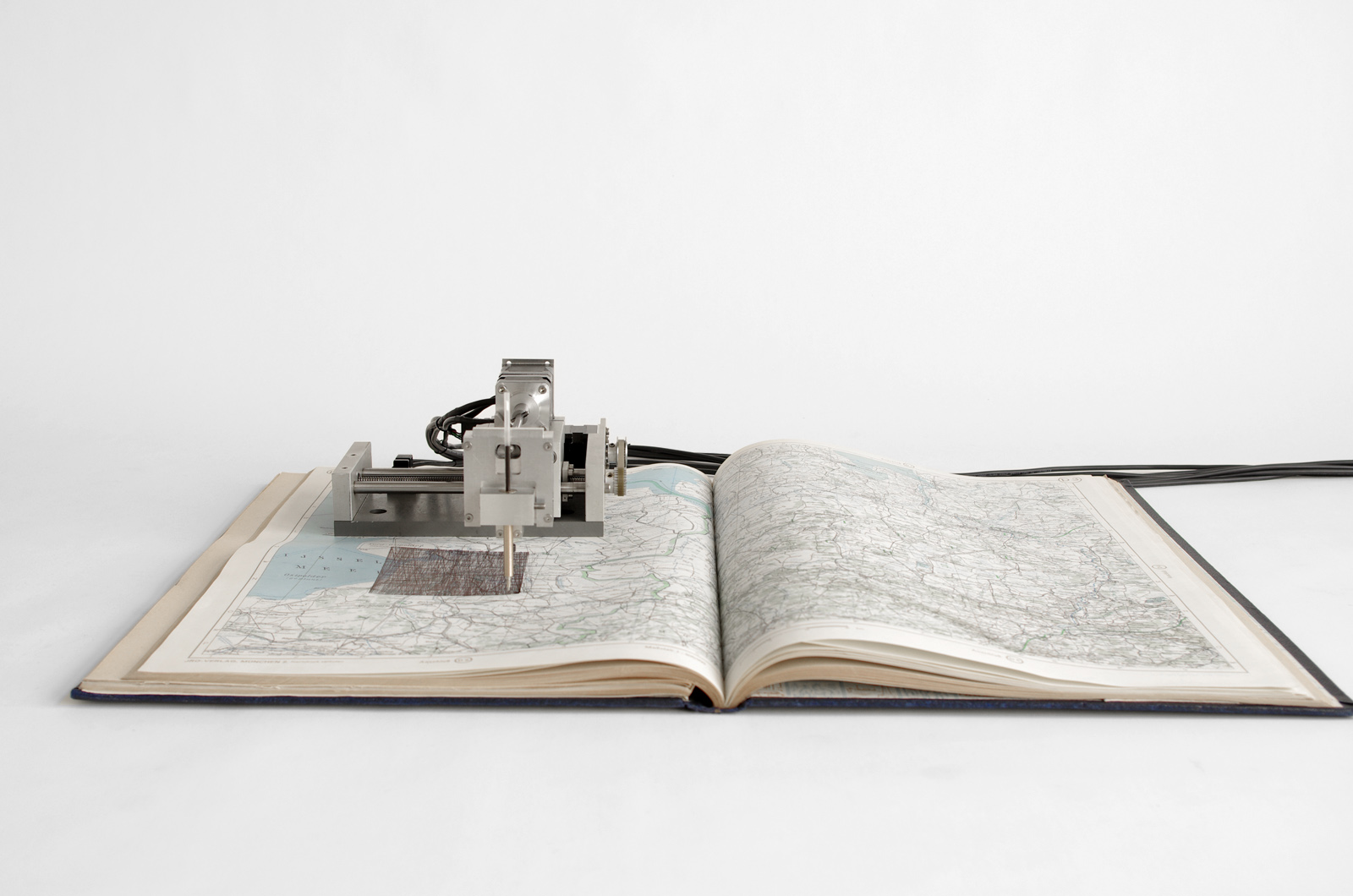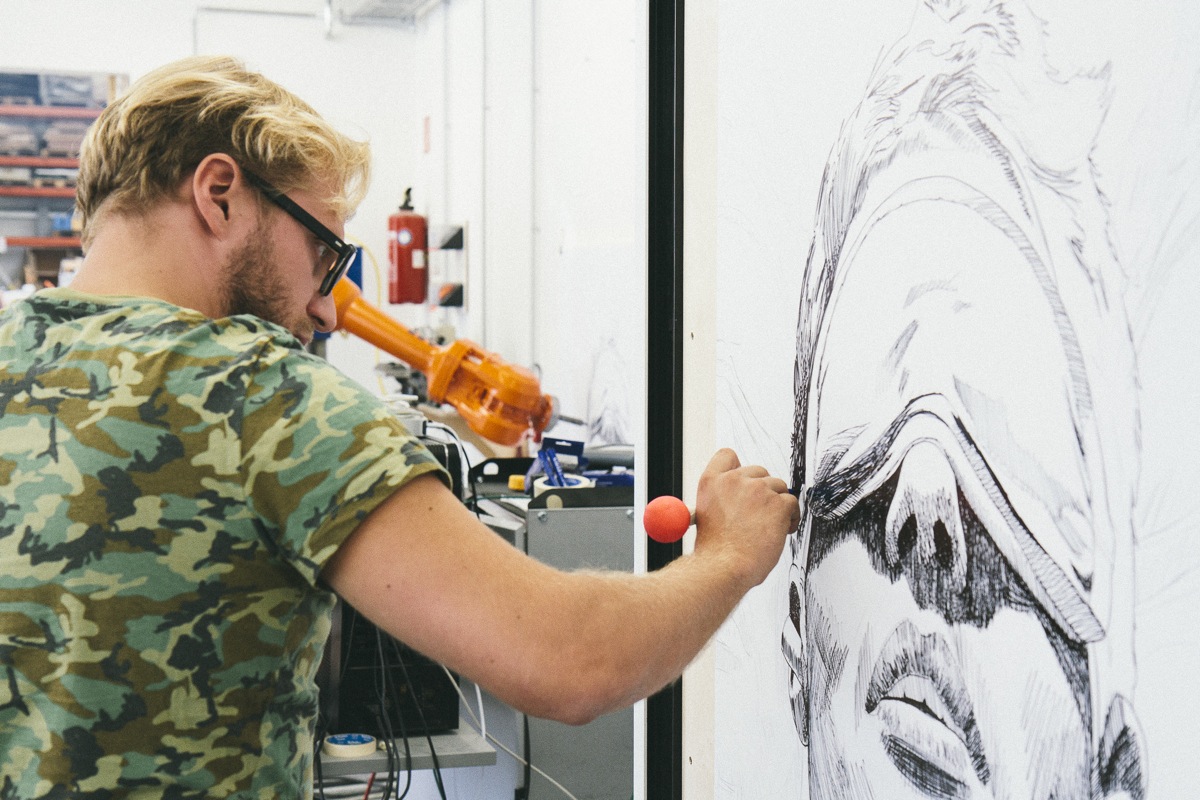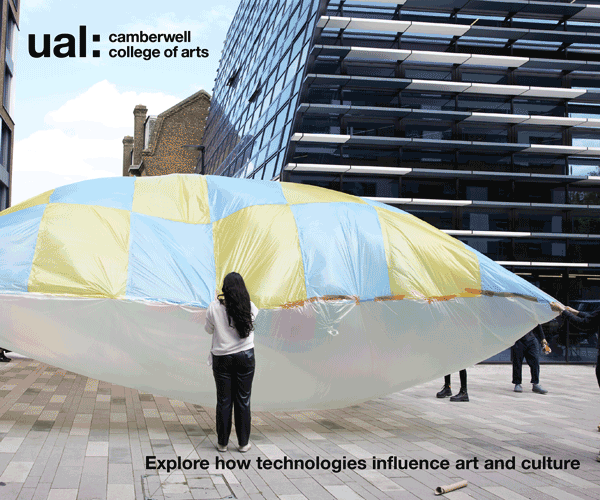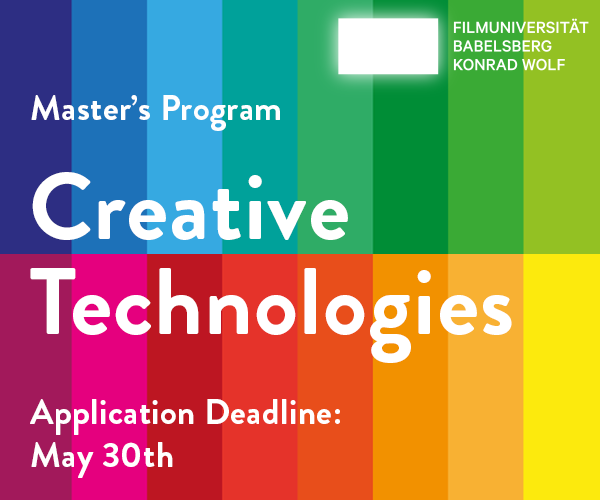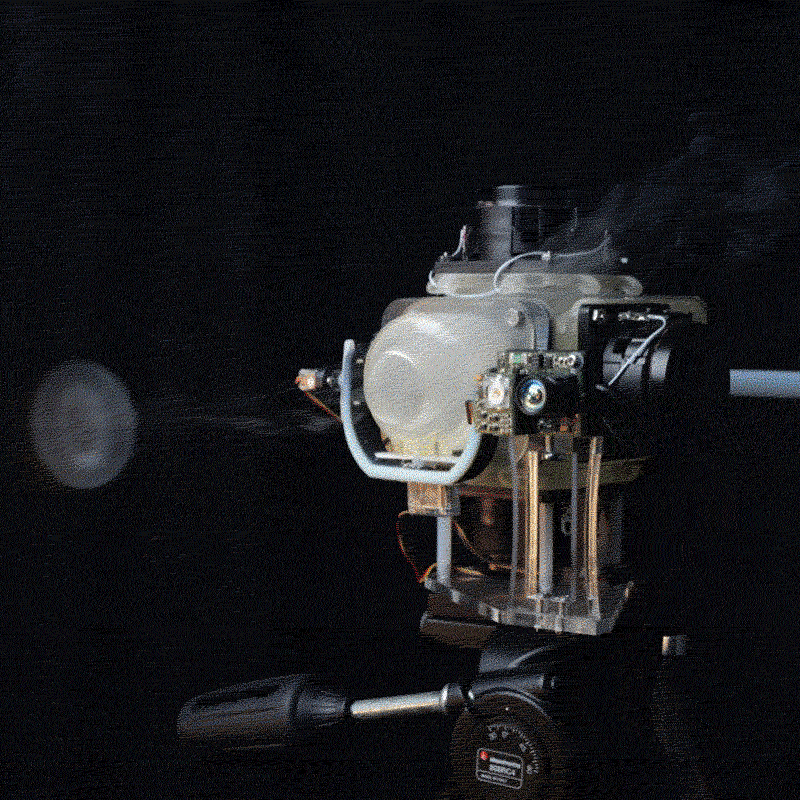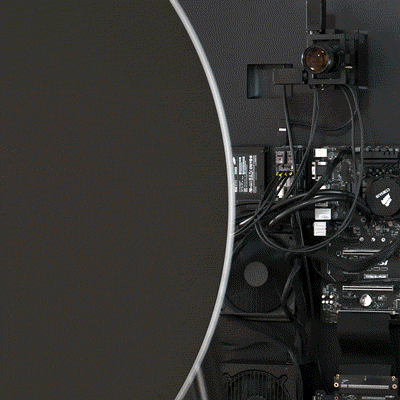The symbiosis between users and devices allows and encourages personal performance pervasively, and breaks the boundaries between human and non-human action: today’s performance is post-human, quoting Karen Barad. The concept behind the term “live” (de visu) has vastly changed, following the technological evolution and letting a high-performance gradient emerge in everyday habits. With the aim of seizing the moment, and showing what’s new in the vast area of contamination between science, media, music and the visual art, Romaeuropa Festival presents DIGITALIVE, a brand new section dedicated to multimedia performing arts, to analyse the interrelationships between bodies, software, and machines. This curatorial program focused on the innate performativity of new technologies makes its debut at Mattatoio Roma this week, from 4th to 7th October; it includes a selection of 11 live media performances – of which 5 World premiere and Italian premiere – featuring a wide range of live acts in which media play a leading part onstage – both real and virtual one.
Then, a scientific committee will choose among the lists the most deserving research. The winner will be rewarded by Romaeuropa Foundation with fund and support for the production of a new work that Romaeuropa Festival will host in its next edition and whose circulation will be promoted within its international network.
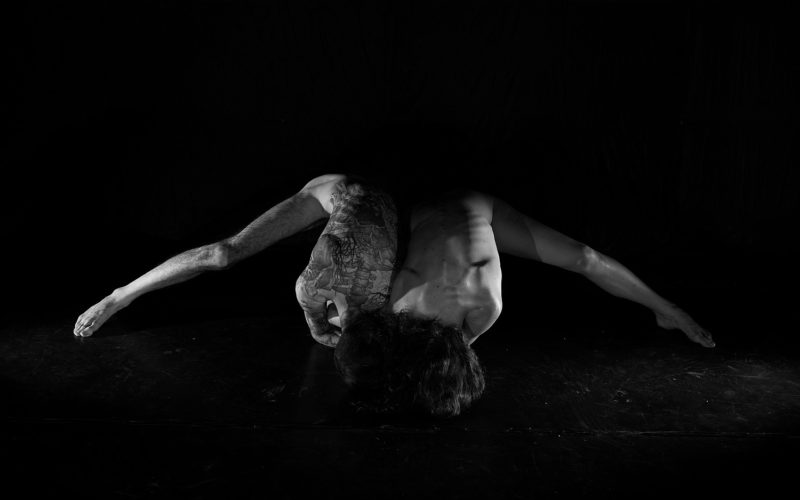
Berlin-based Italian artists Marco Donnarumma and Margherita Pevere construct Eingeweide, that will premiere at DL this October 4th. Within the performance space, the performers’ bodies confront the robotic prosthesis named Amygdala. The prosthesis is guided by artificial intelligence algorithms that allow it to learn in real time, through trial and error, how to move and exist on stage. Human and machine struggle to access a new form of hybrid identity, and mutually influence each other creating a connection of body and psyche.
After presenting Ljós in 2016, fuse* returns to REf with Dökk, a new journey into the unconscious where worlds and universes are born and dissolve, aimed at the constant search for a balance between light and dark.
Back Symphony is a symphonic concert of mechanical and straightforward objects that come to life backstage, almost hidden from human beings, presented by the Quiet Ensemble duo. A symphony composed of a non-human orchestra that suddenly reveals its soul, only to fade into the shadows as soon as the curtain opens again.
Polisonum is a collective of artistic research that utilises sound as an investigative method on the transformations of landscapes and geographies, in places of history and contemporaneity. It brings to DIGITALIVE Materia Lumina, a sound investigation around a bell, and a dialogue between tradition and future through a streaming video connection.
Initially conceived as an installation, Noise is full of words by VOID has now become a live impro performance in which voice recognition software records in real time that which it perceives of the sound produced by musical instruments.
Andrea Familari focuses his artistic research on the representation of auditory perception through geometric structures. He analyses the data produced by sound and generates distorted landscapes, surreal shapes and ideal settings in which decompose micro- and macro-cosmos. The improvised live performance, hosted by Digitalive, sees him flanked by another young artist on the Italian scene: Demetrio Castellucci, founder of the theatre company Dewey Dell and artist working in music with different projects, including Black Fanfare.
Amongst the new blood in modern ‘Made in Italy’ electronic music, Caterina Barbieri develops a study focused on the use of old and new synthesisers and string instruments. Her minimalism derives from a reflection on the original waveforms and an exploration of the polyphonic and polyrhythmic potential of sequencers, elements through which she transforms music into severe geometries articulated in time and space. In her latest and well-received album and live, Patterns of Consciousness, Barbieri grinds down, decomposes and recomposes an impressive variety of patterns to give life to electronic structures that seem to hypnotise the listener.
IOCOSE collective’s goal is to investigate the failure of all utopian and dystopian narratives concerning technological and cultural development. Moving Windows Forward is an ironic and provocative live performance in which the artists push a series of things and people forward with a finger. The reason for this apparently familiar gesture? To try to move the whole world ahead while being in contrast with the rhetoric of innovation.
Elisa Giardina Papa body of work explores gender, sexuality, and labour in relation to neoliberal capitalism and technology. Labor of Sleep, Have you been able to change your habits?? is a video performance that every day, at sunrise and sunset, interrupts the Romaeuropa Festival website and its social media presence. The work consists of a series of short video clips, that plays out over nine days and critically references self-improvement apps. With this work, Giardina Papa suggests that sleep has become the newest frontier for gathering behavioural and biological data in order to optimize sleeping patterns, thereby turning the time that our bodies use to rest and replenish into a form of labour devoted to data extraction.
The Cool Couple – Niccolò Benetton (1986) and Simone Santilli (1987) – presents Karma Fails. The duo seeks to go beyond the apocalyptic and mainstream rhetoric of the end of the world, focusing attention on the human being, humankind’s condition and power. To do so, concentration falls on the practice of meditation, transforming it into a source of infinite and renewable energy or the starting point for critical thinking. The public is invited to enter a fake meditation studio titled Meditation is Visualization to try to generate a viral and participatory process of visual analysis.
The Italian-Hungarian artist Kamilia Kard focuses her work on the theme of identity construction in the Internet age. Her instruments are standard tools in the field of digital media: videos, selfies, animated gifs, emojis and prints. Starting with these elements, the artist establishes an aesthetic characterised by iridescent colours, glittery effects and a vaporwave flavour that, commencing with pop, slips provocatively into kitsch. Her VR installation Untitled will be premiered on Oct 4th alongside Marco Donnarumma + Pevere, Quiet Ensemble, and Roly Porter + MFO live acts – in collaboration with Spring Attitude.
Outside Mattatoio, Romaeuropa Festival continues its investigation around art, science and new media presenting two site-specific installations inside one of the most powerful venue of the city, the mystic Sala Santa Rita: GENESI by NONE collective – a massive installation in which the dialogue between light, darkness and sound evokes a collective ritual – and LINEE e PUNTI n°1 by Robert Henke, site-specific work especially created for the Sala Santa Rita in Rome to create a genuine dialogue between architecture and an electronic organism animated by lasers and sound.
Plus, VR_I by Gilles Jobin – in collaboration with Caecilia Charbonnier and Sylvain Chaguè – will be presented at Swiss Institute on November 21st. VR_I is a contemporary dance piece in Immersive Virtual Reality, presented at Sundance Film Festival 2018, and awarded with the Innovation award and the people’s choice award for the best performance at the 49th edition of the Festival du nouveau cinema in Montréal.
On November 25th, Romaeuropa gran finale at Auditorium Parco della Musica will be entrusted to Ryoji Ikeda, performing datamatics [ver. 2.0] and premiering Music for percussion with Eklekto.


